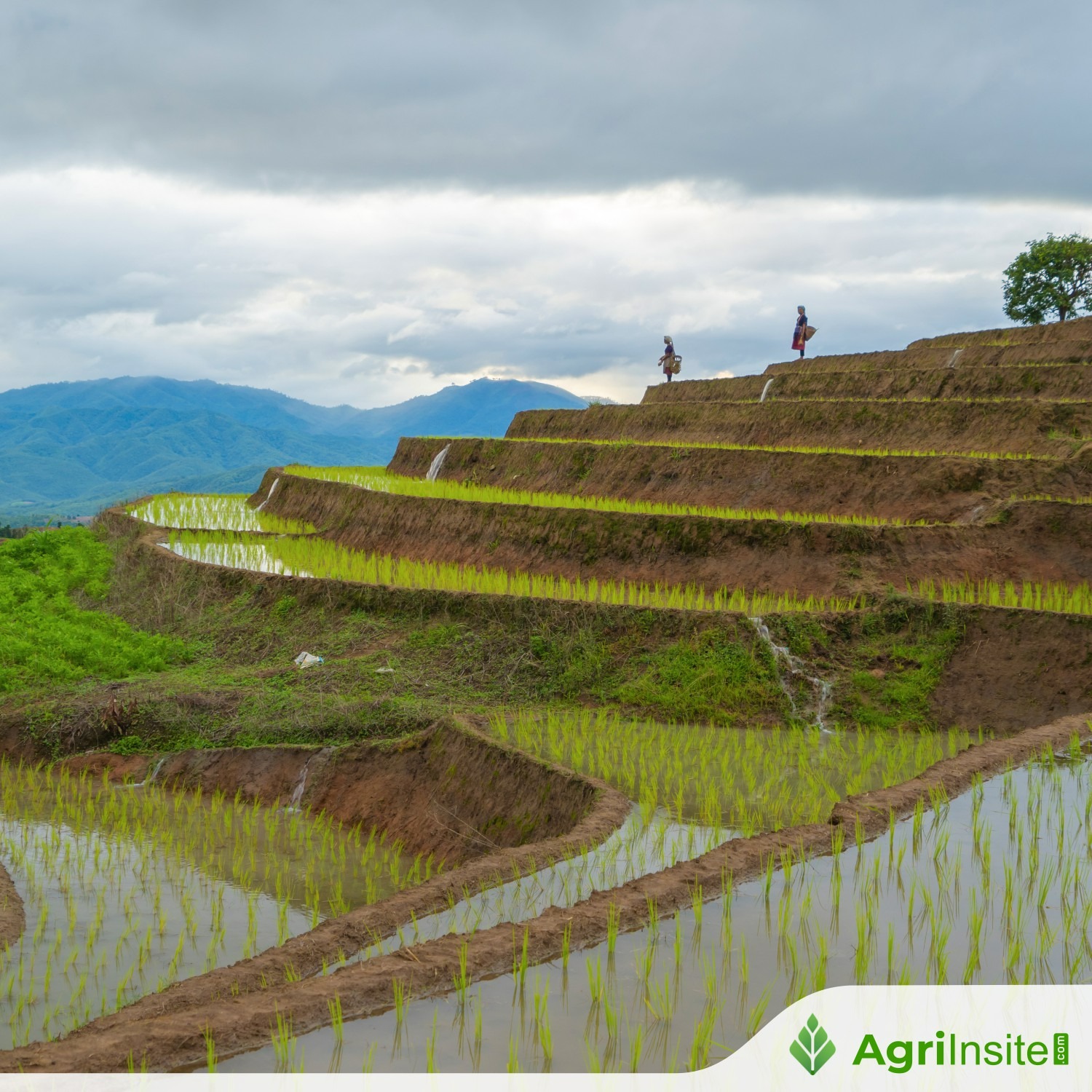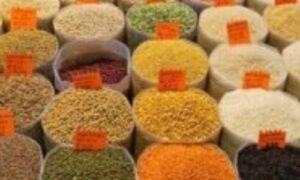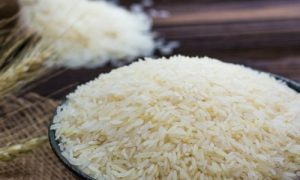Vietnam : Rice cultivation makes use of advanced tech

Farmers at Tien Thuan Cooperative in Can Tho have successfully harvested low-emission rice during a pilot project to cultivate one million hectares in the Mekong Delta. The initiative achieved a 15% reduction in input costs and a 10.5% increase in yields. Following its success, the model will expand nationwide, promoting sustainable practices and reducing greenhouse gas emissions.
Farmers at Tien Thuan Cooperative in Vinh Thanh district in the Mekong Delta city of Can Tho have harvested high-quality, low-emission rice during the summer-autumn crop in a pilot to cultivate one million hectares of such rice, linked with green growth in the Mekong Delta.
The pilot has yielded promising results. It has demonstrated a 15 per cent reduction in input costs compared to the control model, a 30 per cent decrease in nitrogen fertiliser usage, fewer pesticide applications, and a 30-40 per cent reduction in irrigation water usage.
According to Tien Thuan Cooperative, rice yields increased by 10.5 per cent compared to the control model. The profit from the pilot model was higher by as much as VND6.2 million ($260) per hectare, an average increase of nearly 20 per cent.
In terms of greenhouse gas (GHG) emissions, the pilot showed a reduction of 2-12 tonnes of CO2 per hectare compared to the control model. Many businesses have also committed to purchasing all rice produced through the pilot models.
The government project on sustainable development of one million hectares of high-quality and low-emission rice cultivation in the Mekong Delta seeks to address fragmentation, small-scale production, and uncoordinated trading of rice (see article above). Following the success of the pilot, the model is set to expand nationwide.
Elsewhere Sun Rice, in collaboration with farmers, is promoting good agricultural practices to reduce carbon emissions, helping achieve high-quality rice that meets export requirements for European markets. The company integrates technology into agricultural production, employing unmanned aerial vehicles for spraying, which ensures safety and more efficient pesticide use, while also investing in machinery for planting to reduce emissions and meet government criteria.
“The project to develop one million ha of high-quality rice in the Mekong Delta is a key factor for Vietnam to continue bringing low-emission products to the global market,” said Nguyen Phuc Trai, general director of Sun Rice. “When rice is cultivated with sustainable investment and advanced technical requirements, labour and input costs decrease, while productivity increases, benefiting both farmers and the entire supply chain.”
Similarly, Vinarice is scaling up the application of advanced rice production technologies to enhance economic value for small farmers, improve rice quality, and promote social and environmental sustainability. The company is working with over 20 cooperatives and farmers in Dong Thap, An Giang, and Kien Giang provinces to transition 10,000ha to low-emission rice production by 2027, directly benefiting around 3,000 farmers.
“The sustainable transformation of the rice value chain is driven by close and transparent partnerships with key stakeholders,” said Tran Truong Tan Tai, CEO of Vinarice. “The company will sign off-take agreements with farmers before the production season and provide technical training throughout the rice growing process, from planting to harvesting.”
Vinarice, a subsidiary of Vietnam National Seed Group, will invest in rice seeds for participating households, purchase products that meet the specified quality standards, and ensure payment through bank transfers, as stipulated in the contract.
“We aim to reduce more than 10,000 tonnes of CO2e by 2027, cut seed usage by 30-40 per cent, decrease chemical fertilisers and pesticides by 20-30 per cent, reduce water consumption by 20-40 per cent, lower production costs by 15 per cent, and ensure production profits exceed 30 per cent compared to traditional methods,” said Tai.
According to Prof. Bui Chi Buu, former director of the Institute of Agricultural Sciences for Southern Vietnam, growing rice with reduced carbon emissions on 1.9 million ha of rice fields will help the Mekong Delta reduce emissions by around 11 million tonnes of CO2 annually. Reusing 70 per cent of rice straw instead of burning it could cut GHG emissions by 50 per cent.
“Currently, each farmer in the Mekong Delta owns an average of 1.2ha of rice production land, generating an income of $1,670-2,500 per ha annually. Growing rice adapted to climate change under VietGAP standards can reduce emissions by 12-23 tonnes of CO2 per hectare,” said Buu.
The Mekong Delta is increasingly affected by extreme climate change events such as flooding, drought, saltwater intrusion, and water shortages for agriculture. Agricultural practices like intensive farming, multiple cropping, and excessive chemical use have made these issues worse.
Source Link : https://vir.com.vn/rice-cultivation-makes-use-of-advanced-tech-116263.html















